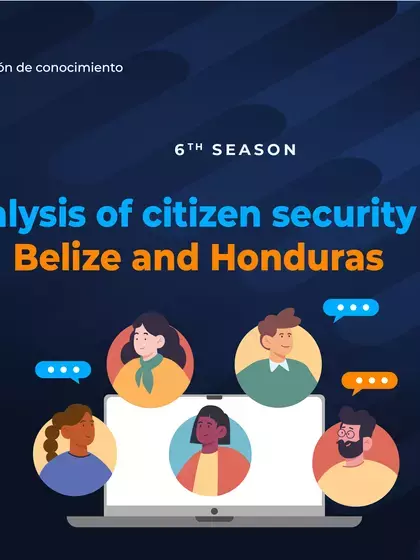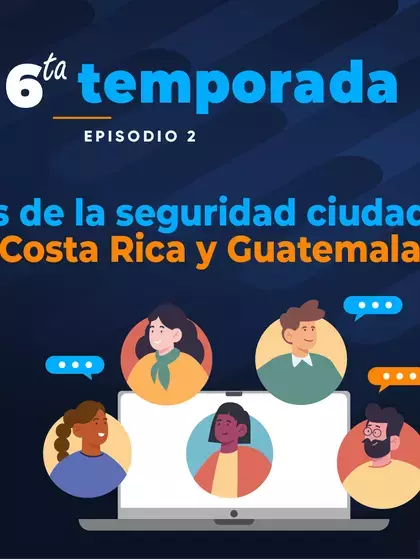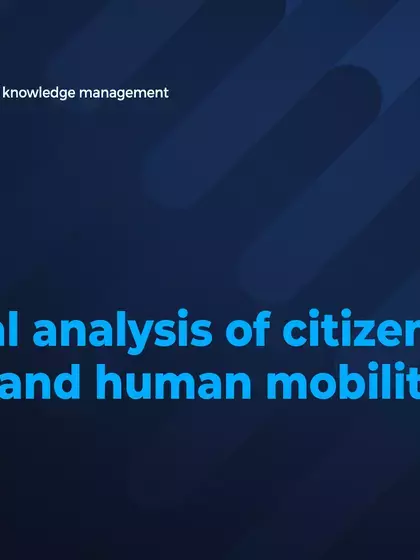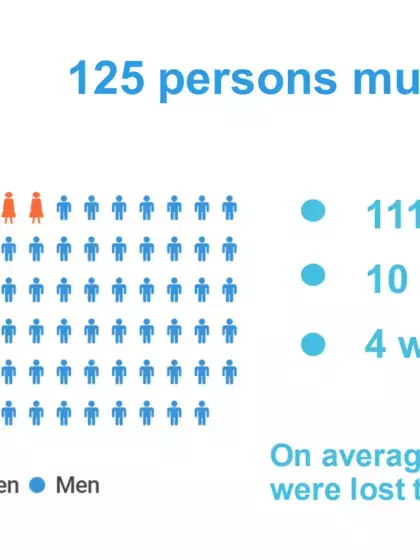DATACTION: Contributions for defining evidence-based public policy on citizen security in Costa Rica
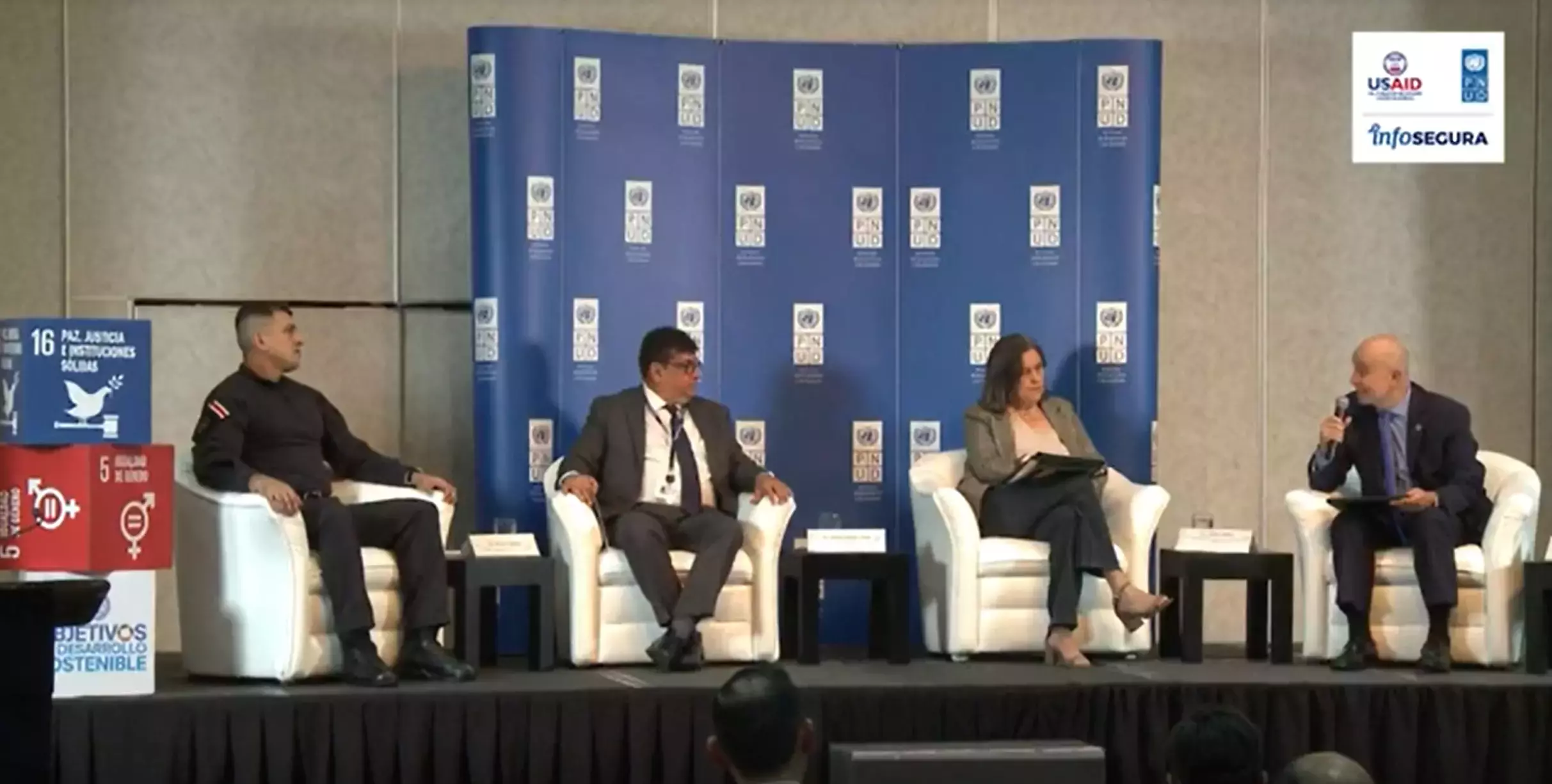
Last Thursday, July 07, 2022, DatAction season five, episode five was held, with an analysis of the state of citizen security in Costa Rica. An in-person panel and Q&A session were held, with participants providing input to guide the development of public policies on citizen security and violence prevention in Costa Rica.
The event was held at the Radisson Hotel in San José, Costa Rica, with the participation of José Vicente Troya, UNDP Resident Representative in Costa Rica who moderated the session, along with panellists Daniel Calderón, Vice Minister for Security and Director of the Costa Rican Public Force, as well as Sergio Sevilla Pérez, Vice Minister of Peace and Adina Castro, Coordinator of the Gender Violence Area of the National Women's Institute (INAMU).
The session was also broadcast online. It started with welcoming remarks by Randall Brenes, UNDP Governance and Human Development Officer. Subsequently, Karol Sanchez and Gerald Mora, Information Analysts of the InfoSegura Regional Project in Costa Rica, presented the background on the state of citizen security in Costa Rica in 2021.
"For UNDP, citizen security implies the possibility of physical protection and the protection of people's assets. It means the exercise of individual and collective rights and having opportunities for development. Citizen security is in itself a public good, an individual right, and a condition for human development," stated Randall Brenes before the presentation "Analysis of the state of citizen security in Costa Rica, 2021."
The discussion answered questions regarding the factors that influence homicide and how to address them, what needs to be done to improve the prevention and provide timely responses to violence against women, what specific actions are required to address the prevention of violence against women, what are the challenges of preventing violence against women, and others.
José Vicente Troya indicated that "public policies cannot be inspired or based on intuition. Accurate policymaking requires evidence that enables us to see the territories and their problems. For his part, the Director of the Costa Rican Public Force pointed out that "as long as we (in Costa Rica) do not have a policy in which each of the state institutions understands its contribution to security issues, it is very difficult to coordinate efforts."
Violence against Women and Girls was also addressed on this DatAction. The Vice-Minister of Peace stressed that, "respect for women must be taught from childhood. We have classrooms. We have teachers all over Costa Rica who can teach values and respect with a gender focus." Meanwhile, Adina Castro indicated that, "we must work on the prevention of violence, in the cultural spaces where discourses and narratives are generated. This leads us to work on the structural causes."
Subsequently, in his presentation, Oscar Delgado, representative of the Interinstitutional Technical Commission for Statistics on Coexistence and Citizen Security (COMESCO), explained that "our path is to produce quality evidence with opportunity criteria to go from counting to understanding, through data verification, in order to socialize and disseminate quality data and evidence on citizen security and coexistence, which enables us to have evidence-based public policies."
In closing, Marcela Smutt, Coordinator of the UNDP InfoSegura Regional Project, raised the call for action, referring to the need to work together with the territories, involving State and civil society actors. She also recalled UNDP InfoSegura Regional Project is committed to assist the different countries where it is being implemented in the national efforts to advance the goals and targets of the 2030 Agenda, promoting comprehensive, gender-responsive citizen security policies, with a territorial focus.

